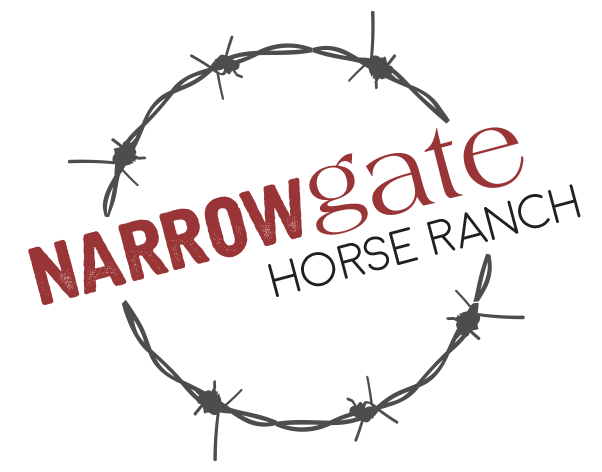“I remember it being dangerous,” she said. My heart skipped a beat as I imagined growing up the first 6 years of my life in a neighborhood that I remembered as “being dangerous.”
15-year-old Chrissy went on to describe the bullies that threw rocks at her and her younger sister. Then she added, “And I was shot by a BB.”
I could not relate to this childhood experience.
I was mesmerized by her as she recounted the story of when she, at about 5 or 6, went to a bully’s house to talk to the mother. She wanted the kids to stop harassing her and her family. I imagined 5-year-old Chrissy, with wild blonde curls and a determined look, climbing the short step to the front door of a Gateway Garden apartment and knocking on the door hand-in-hand with her little, almost 2-year-old sister.
At 5, I handled no similar situations.
It was palpable in her story
- the culture of survival.
I did not grow up in a culture of survival. I grew up in a culture where my parents would handle any bullies. As she described eating off seat cushions because there was no table, it hit me again how very different our childhood cultures were. I had a cloth napkin in my lap and “elbows off the table, please” kind of culture.
Many of the kids who come to the ranch are growing up in a similar environment. There are different family dynamics and variations in childhood needs. However, the culture of survival seems to be a constant among their stories.
The idea of allowing the Holy Spirit and a horse to partner with a student from such a culture is a powerful, transformative experience.
Children can discover solutions they didn't consider with skills they didn’t know they had.
Of course, skills like self-regulation, listening, and communication need opportunities to develop with practice. Sessions with horses create meaningful moments of impact with time to practice skills. Mentors help students to put their own words to emotions and ideas by asking questions and encourage thinking skills that go beyond one moment.
Then mentors can talk with students about how to transfer this important skill to their own personal lives.
However, often the kids take away other important moments as well and can be just as meaningful and powerful…
As I wrapped up my interview with Chrissy, I asked why she thinks it’s important for kids to come to the ranch. She said,
“An animal is something that is patient and you can bond with. [Animals] can help with pain in life. They try to comfort you in their own way… They can help give hope to kids who have none.”
*Name is changed for anonymity.
-Emily Pier, volunteer
Come and hear more of Chrissy’s story and others’ like hers at our Derby Ball on May 6, 2023.

